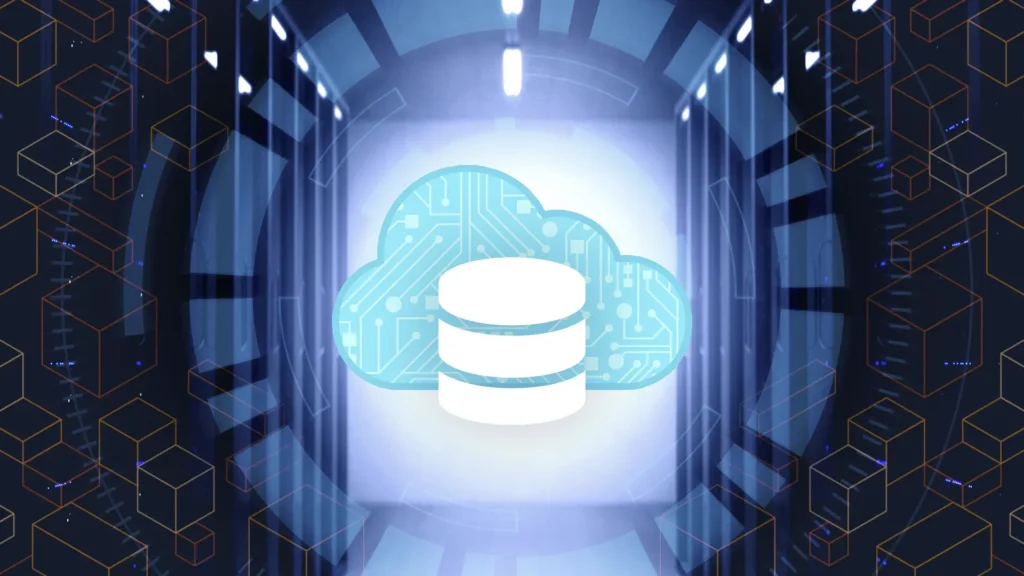Do you know all the databases on AWS? More than knowing, it is necessary to understand the characteristics of each one, mainly its pros and cons. This could be the difference between your business failure and success. Were you curious? See our article!
Knowing the different databases on AWS is critical to making the right choice for your applications. We will tell you what types of databases are on AWS , focusing on their advantages and disadvantages .
Types of Databases on AWS
It is important to understand that there are two types of databases on AWS: relational databases and non-relational databases. But what makes them different? Don't worry! We will tell you the details of each one of them.
relational database
It is a structured data set to recognize relationships between stored information items. Composed of tables, they are able to communicate and share information, which facilitates data research, organization and reports. Its application programming interface (API) is Structured Query Language (SQL).
There are four databases on AWS that are part of this group: Amazon Aurora, Amazon Commercial, Amazon Community, and Amazon Data Warehouse.
With relational databases you:
– Reduces the hours spent to migrate, configure and activate your databases on AWS;
– Has access to metrics from your databases on AWS , automating patches and updates;
– Simplifies backups and snapshots for all databases on AWS;
– Makes scaling simpler and faster.
On the other hand, relational databases:
– Present normalized data, which means a lot of joins and affects speed;
– They do not scale very well horizontally;
– Have difficulty dealing with semi-structured data.
non-relational database
Also known as NoSQL, it is a database designed to deal with unstructured data or data that does not fit perfectly in a table. Today, most of the data generated is unstructured, making the non-relational database more scalable and flexible. Undoubtedly, the growth of Big Data applications has helped popularize NoSQL.
There are three databases on AWS that are part of this group: Amazon DynamoDB (Key Value) , Amazon ElastiCache (In-Memory Data Store) , and Amazon Neptune (Graph).
With NoSQL databases you:
– Can scale your applications horizontally and work with semi-structured data;
- High Availability;
– Easily upgrades your databases on AWS , which is great for dealing with ever-changing applications.
The downsides of non-relational databases are:
– Limited support for joins;
– Data is denormalized, requiring bulk updates;
– Limited indexing.
Whichever you choose, when it comes to databases on AWS , you need to ensure the stability of your applications.
Can you imagine being able to give preference to a solution knowing that it is accompanied by values that fit in your pocket? With Sky.Saver Amazon Web Services (AWS) infrastructure spending It's the best of both worlds: EC2 stability for the price of SPOT instances.
Through an dashboard , you can track your investments, savings and scaling strategies in real time. The best: there is no fixed cost. You only pay a percentage of the amount you save, in local currency.
like testing our Sky.Saver ? We provide the solution free of charge for 15 days so that you can test and prove its advantages and we also have a range of materials to help you understand the best option for your company! Discover how to choose the best AWS database for your application.





